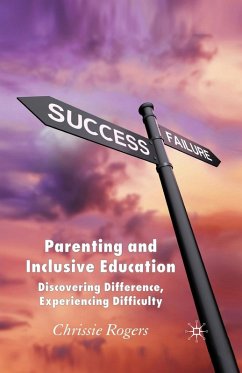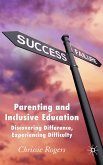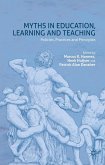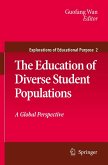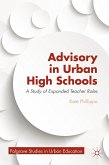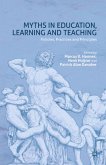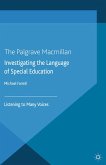This tells of twenty-four couples negotiating the emotional and practical journey of parenting their learning 'disabled' child. The author, a researcher, sociologist and mother of a learning disabled daughter, questions the weak inclusive education discourse and unpacks parents' narratives in relation to denial, disappointment and social exclusion.
'...I would highly recommend the book as offering a well-written, compelling and muich needed insight into the experience of parenting learning impaired children' - Val Gillies, Sociology
'This is a refreshing book worthy of being read widely by teachers and other professionals working with children, administrators and policy-makers. It has a place in continuing professional development courses in local authorities and in universities.' - Brahm Norwich, European Journal of Special Needs Education
'[This] is an exceptional sociological work...the book can be recommended as an obligatory text for professionals working with impaired persons and their families as well a for social sciences students.' - Agnieszka Golczynska-Grondas, Qualitative Sociology Review
'This is a thought-provoking book which I recommend to the academic community, health and education practitioners
and policy makers and last, but not least, to parents.' - Dawn Male, The Sociological Review
'This is a refreshing book worthy of being read widely by teachers and other professionals working with children, administrators and policy-makers. It has a place in continuing professional development courses in local authorities and in universities.' - Brahm Norwich, European Journal of Special Needs Education
'[This] is an exceptional sociological work...the book can be recommended as an obligatory text for professionals working with impaired persons and their families as well a for social sciences students.' - Agnieszka Golczynska-Grondas, Qualitative Sociology Review
'This is a thought-provoking book which I recommend to the academic community, health and education practitioners
and policy makers and last, but not least, to parents.' - Dawn Male, The Sociological Review

